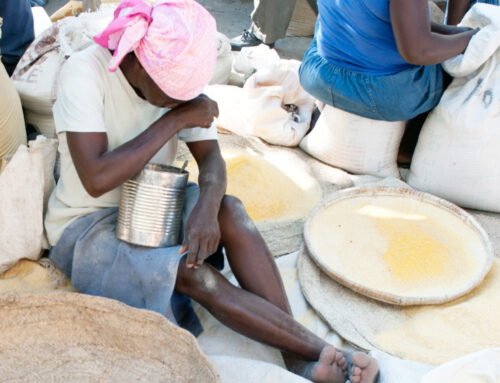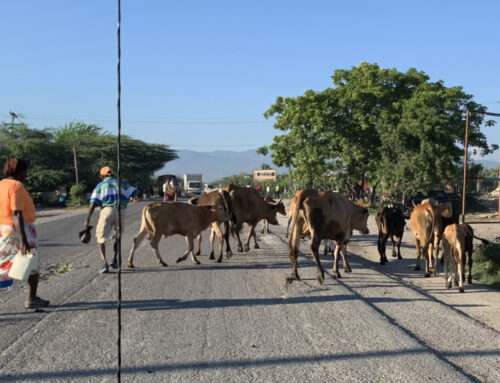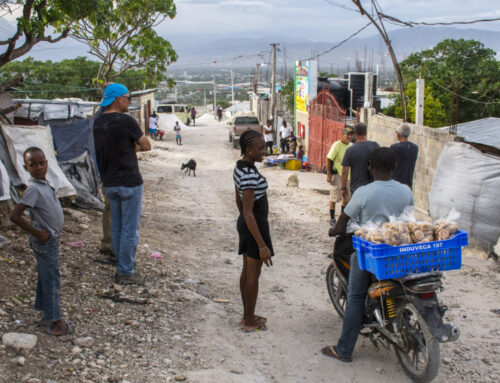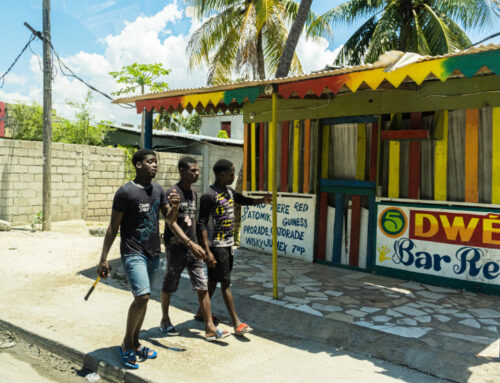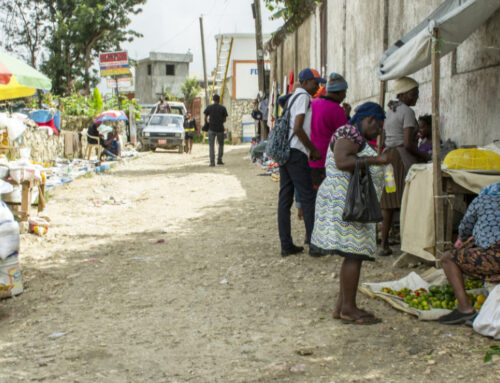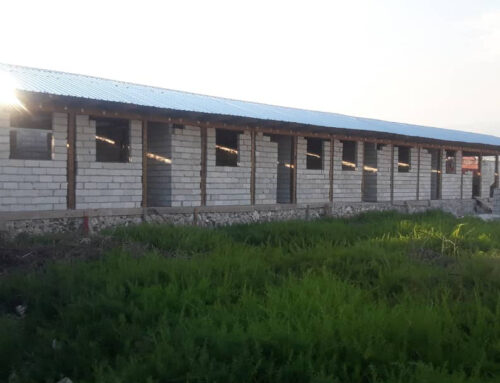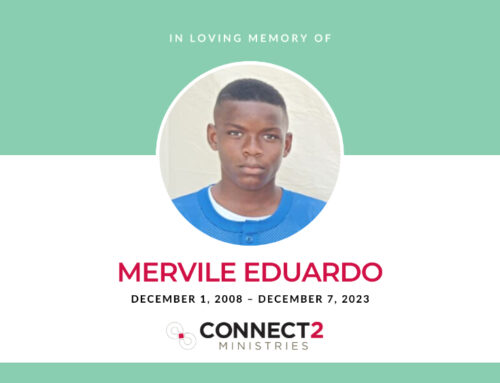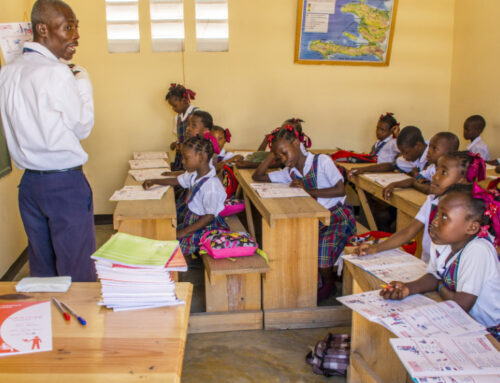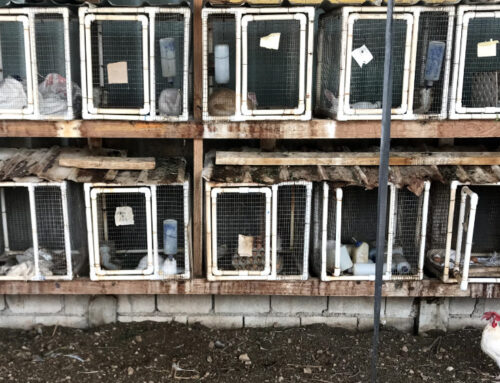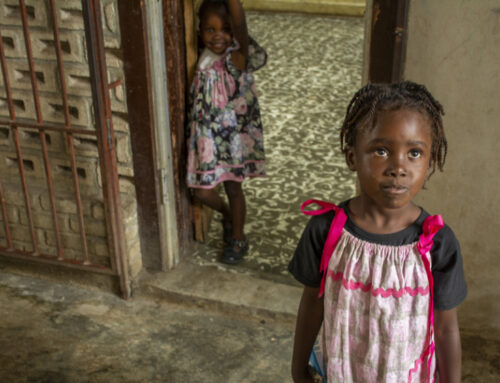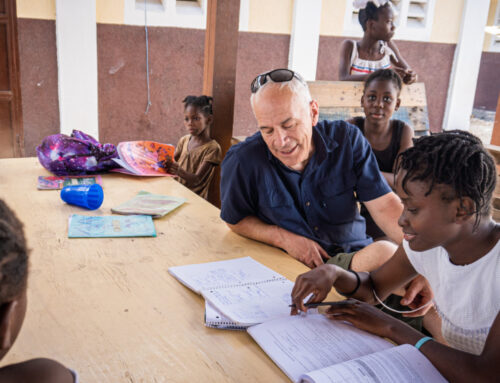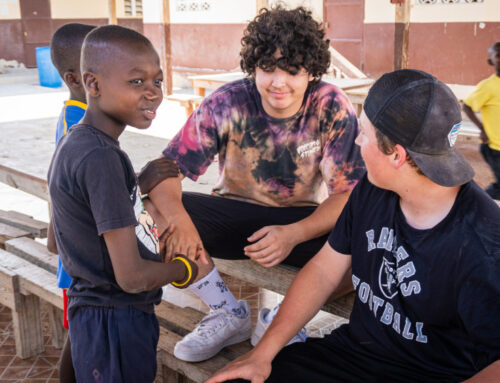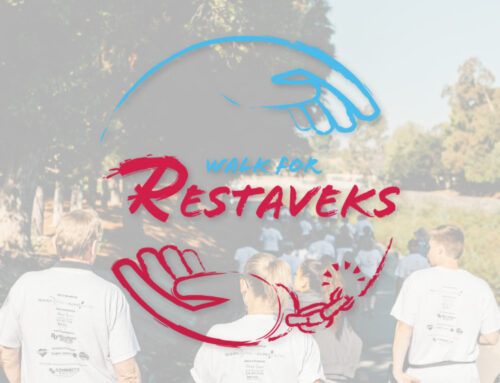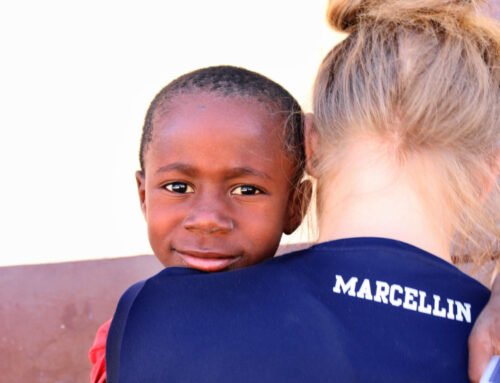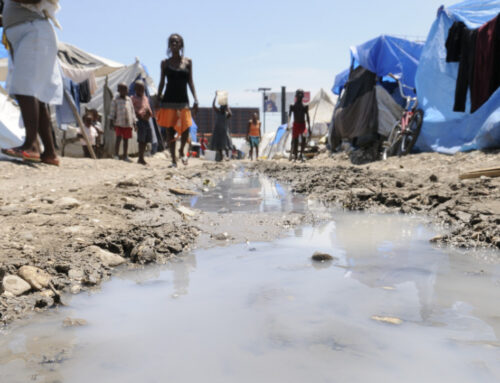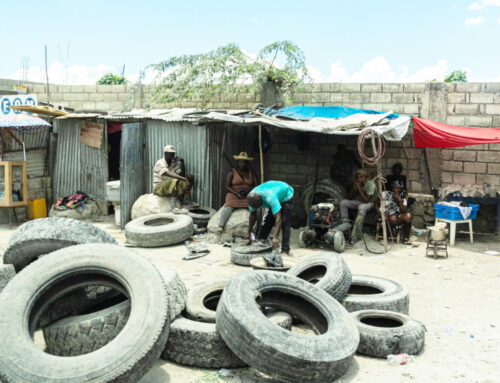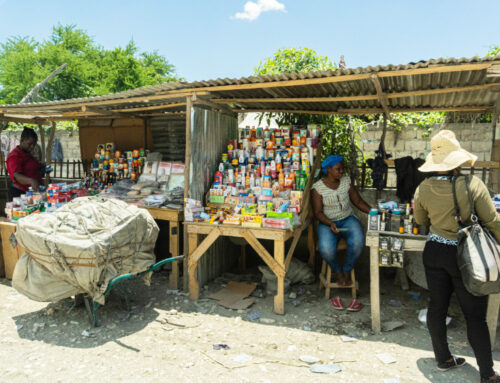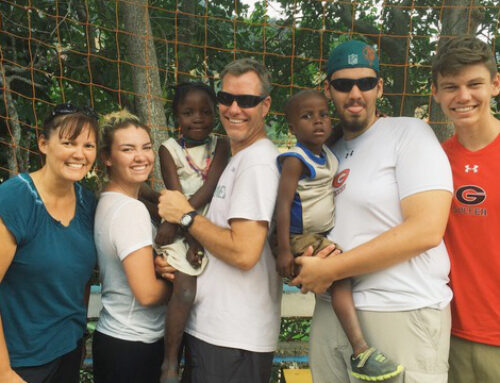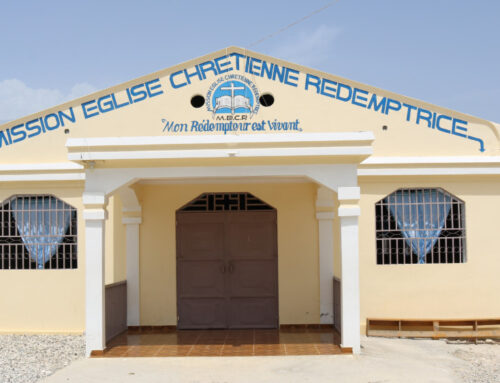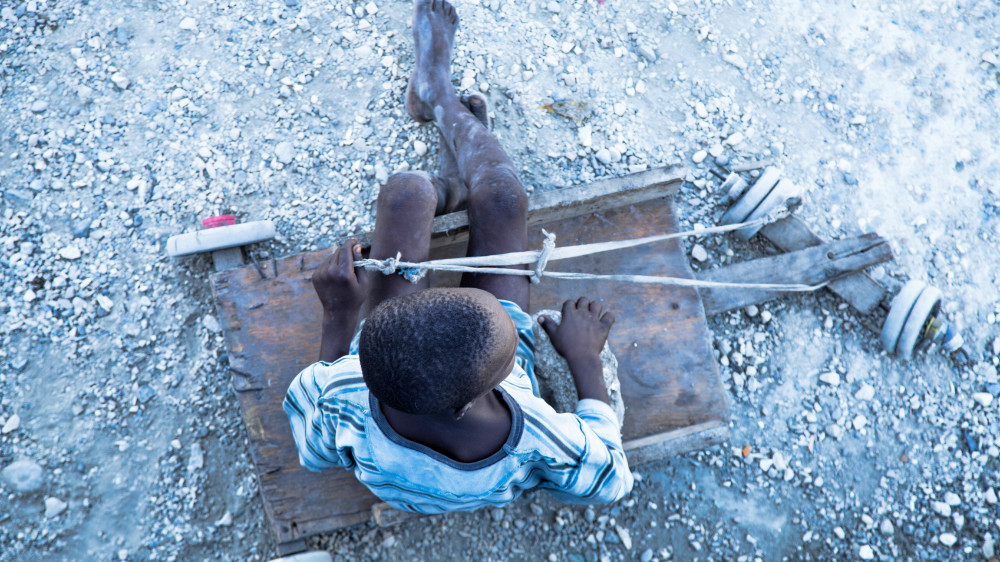
Child trafficking is everywhere. Every year, an increasing number of children make the news for one terrible reason: that they have been lost. Taken. Kidnapped. It’s the darker pandemic that nobody wants to talk about. Like the viruses that touch our lives each year, whether personally or in our broader communities, the reality of child trafficking is equally pervasive. But we don’t discuss it much, and most of the time, we’re quicker to think about the dangers of airborne pathogens than worry about the dangers of child predators. Our comfort makes the difference.
Much child trafficking arises from poverty. With street children, there’s a level of separation from the family unit that creates a breach. Predators exploit that vulnerability without mercy, operating when children are disconnected from the oversight of parents, relatives, and other safe adults in their community. In Haiti, sometimes it looks like parents entrusting or even selling their children to others in the hope of giving them a better life—the reality is very different. This is how the story goes in Haiti, and it is even more broadly true around the world. Third world countries see the highest incidence, but advanced western countries are not immune. Poverty is a major factor, but only insofar as it puts the family in crisis.
It’s been unusual in recent history to see a rise in child trafficking due to connections forged on the internet. However, while the method might be new, the fundamental problem is the same: it starts with a disconnected child seeking relationship outside the family. Horrifically, the reality of sin means there are innumerable predators ready to exploit these children.
Much of Christian ministry, including our ministry in Haiti, is about reaffirming the God-given protections against such evils. Our goal in Haiti is to strengthen the family unit through meaningful investment from the church. We work through local congregations of believers to provide the resources, relational stability, and wise counsel necessary to build up families and stop child trafficking in Haiti. The most unique facet of this approach is that we’re not primarily stepping in to end child trafficking. We want to give hope in an even broader sense than that.
Community becomes redemptive when the church ministers to those in its immediate sphere. We give our churches food so they can help families in need, sharing the heart of Jesus with them in the process. No tangible aid comes apart from the message of restoration in Jesus Christ. The crisis of the family in this world can only be cured by a flourishing faith in the gospel. As we support and supply resources for the church, strengthening believers to meet the needs of those around them, we pray that God would restore what is broken and end injustice in the future. We also pray that God’s people around the world, from the poorest country to the richest, would stand actively against child trafficking, upholding justice and loving mercy like our Savior did before us (Matthew 12:20–21).
To learn how you can partner with us to end child trafficking in Haiti, visit Sponsor a Child.
Share This Story!
Join Our Email List!
Get our blogs delivered directly in your email, don’t miss an opportunity to read about our mission to save children and bringing the Gospel to Haiti.



